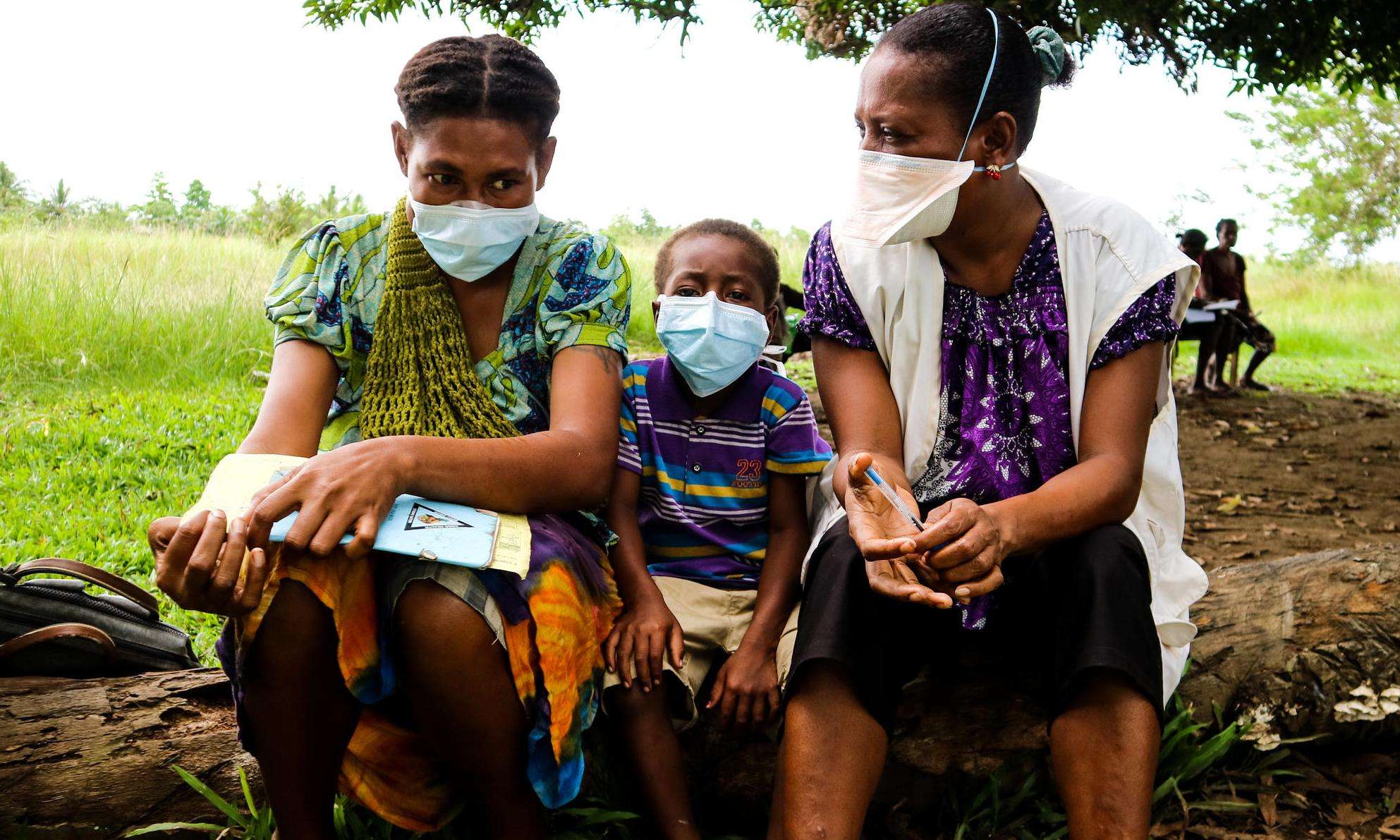NEW YORK/GENEVA, SEPTEMBER 22, 2023—The international medical humanitarian organization Doctors Without Borders/Médecins Sans Frontières (MSF) welcomes leaders’ signing of a political declaration today on tuberculosis (TB) during the United Nations High-Level Meeting (HLM) on TB. In this declaration, world leaders committed to ramp up TB testing, treatment, and prevention efforts—for both adults and children. To fulfill these commitments, all countries must urgently update their national TB guidelines with the latest recommendations by the World Health Organization (WHO) and ensure that WHO-recommended medical tools to diagnose, treat, and prevent TB are available to people everywhere, said MSF.
TB remains the top infectious disease killer worldwide with approximately 10.6 million new cases and 1.6 million deaths in 2021. That same year, the WHO reported that 4.2 million people with TB went undiagnosed—40 percent of all people with TB—and cases of TB and drug-resistant TB (DR-TB) increased for the first time in many years.
For countries to prevent needless deaths and efficiently and equitably scale up access to TB medical tools, tests and treatments must be affordable and available. This week, Cepheid and its parent corporation Danaher reduced the price of a main test for TB, the GeneXpert MTB/RIF Ultra test, in high-TB-burden countries by 20 percent (from $9.98 to $7.97). However, the price of the Xpert MTB/XDR test that is used to diagnose the most severe form of TB remains exorbitantly priced at $14.90. MSF is calling on Cepheid and Danaher to further reduce the price of all GeneXpert tests.
In order to scale up treatment, newer medicines should be affordably priced and more widely available. Bedaquiline, a shorter, better-tolerated, and more effective treatment option for people with DR-TB, is still out of reach for most people living with this disease due to high prices and patent barriers. MSF is calling on Johnson & Johnson (J&J) to stop enforcing its unnecessary “secondary patents” for bedaquiline in any country with a high burden of TB, and to withdraw and abandon all pending secondary patent applications.
“TB is a preventable and curable disease, but it still kills 1.6 million people per year, in part because corporations’ monopolies block people from accessing the tests and treatments they need to stay alive,” said Stijn Deborggraeve, diagnostics advisor for MSF’s Access Campaign. “It’s encouraging that Cepheid and its parent company Danaher woke up to this injustice and reduced the price of the GeneXpert MTB/RIF Ultra test by 20 percent. We hope now to see similarly meaningful price reductions for all other tests. It’s also imperative that J&J urgently rethink its aggressive patent strategy to ensure that every country can access generic versions of bedaquiline.”
In today’s UN declaration, governments also agreed to take the necessary steps to close the deadly gaps in diagnosing and treating TB in children. Diagnosing children with TB is challenging, in part because existing tests are mostly sputum-based so are not ideal for use in younger children for whom producing sputum is difficult. The consequence is that an estimated more than 60 percent of all children with TB worldwide are never diagnosed. Partly due to this lack of diagnosis, among children who die because of TB, 96 percent never received treatment.
In 2022, the WHO updated its guidelines on pediatric TB to make it easier for medical staff to diagnose and start treatment in children with the available tools, but these guidelines are not yet widely implemented. Additionally, although child-friendly formulations of medicines are available for every TB drug recommended by the WHO, including those used to treat DR-TB like bedaquiline, many high-TB-burden countries have not yet made these adapted drug formulations available to children with TB or implemented new treatment recommendations.
“Today’s declaration must not remain just words on paper,” said Dr. Maria Guevara, MSF’s international medical secretary. “We encourage countries to take every action possible to save the lives of people with TB, including by immediately updating national TB guidelines and implementing WHO recommendations for improved testing and treatment, and finally prioritizing testing and treating children with TB. Much more needs to be invested in research and development, especially for better TB tests for children. With still 1.2 million children and young adolescents developing TB every year, it is abundantly clear that the world has made insufficient progress since the last UN High-Level Meeting on TB in 2018. Now is the time for renewed political leadership and increased financial commitments to close the devastating gaps in TB care for children.”
MSF is the largest non-governmental provider of TB treatment worldwide and has been involved in TB care for 30 years, often working alongside national health authorities to treat people in a wide variety of settings like conflict zones, prisons, refugee camps, and rural areas with limited health care options. In 2022, MSF treated more than 17,000 people with TB, including 2,300 people with DR-TB, in more than 60 TB projects in 41 countries.




